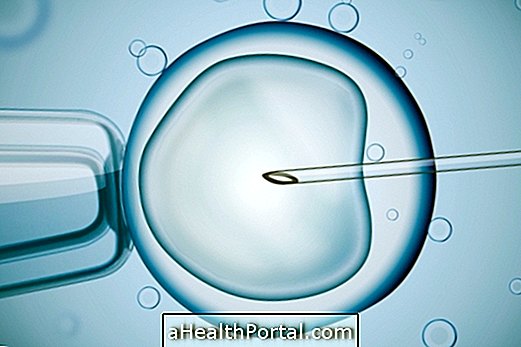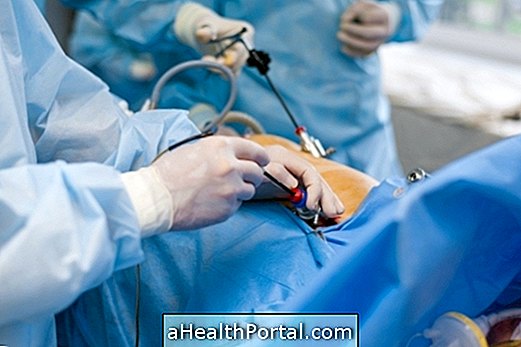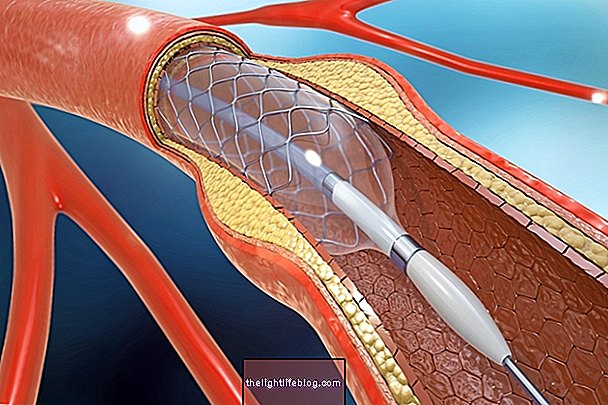Freezing the eggs for later in vitro fertilization is an option for women who wish to become pregnant later because of work, health or for other personal reasons.
However, it is more indicated that the freezing is done until the age of 30 because until this stage the eggs are still of excellent quality, reducing the risks of congenital diseases in the baby linked to the mother's age, such as Down syndrome, for example .
After the freezing process, the ova can be stored for several years, with no time limit for their use. When the woman decides she wants to get pregnant, in vitro fertilization will be done using her partner's frozen eggs and sperm. See how the In Vitro Fertilization procedure is.

Price of egg freezing
The freezing process costs around 6 to 15 thousand reais, and it is necessary to pay a maintenance fee in the clinic where the egg is stored, which usually costs between 500 and 1000 reais per year. However, some SUS hospitals make freezing of eggs for women with cancer of the uterus or ovaries, for example.
When it is indicated
Freezing of eggs is usually considered in cases of:
- Cancer in the uterus or ovary, or when chemotherapy or radiation therapy can affect the quality of the eggs;
- Family history of early menopause;
- Desire to have children after the age of 35.
When women give up on having children in the future or when they have frozen eggs, it is possible to donate these eggs to other women who wish to become pregnant or for scientific research.
How is the freeze done?
The egg freezing process consists of several steps:
1. Clinical evaluation of women
Blood and ultrasound tests are performed to check the woman's hormone production and whether she will be able to in vitro fertilize in the future.
2. Stimulation of ovulation with hormones
After the initial examinations, the woman will have to apply hormone injections to the belly that will stimulate the production of a larger number of eggs than happens naturally. The injections are applied for about 8 to 14 days, and then it is necessary to take a medication to prevent menstruation.

3. Ovulation monitoring
After this period, a new drug will be given to stimulate the maturation of the eggs, which will be monitored through blood and ultrasound examinations. By following this process, the doctor will predict when ovulation will occur and set the date to remove the eggs.
4. Removal of ova
The removal of the eggs is done in the doctor's office, with the help of local anesthesia and medication to make the woman sleep. Usually about 10 eggs are removed through the vagina, while the doctor visualizes the ovaries by means of the transvaginal ultrasound, and soon the eggs are frozen.






















